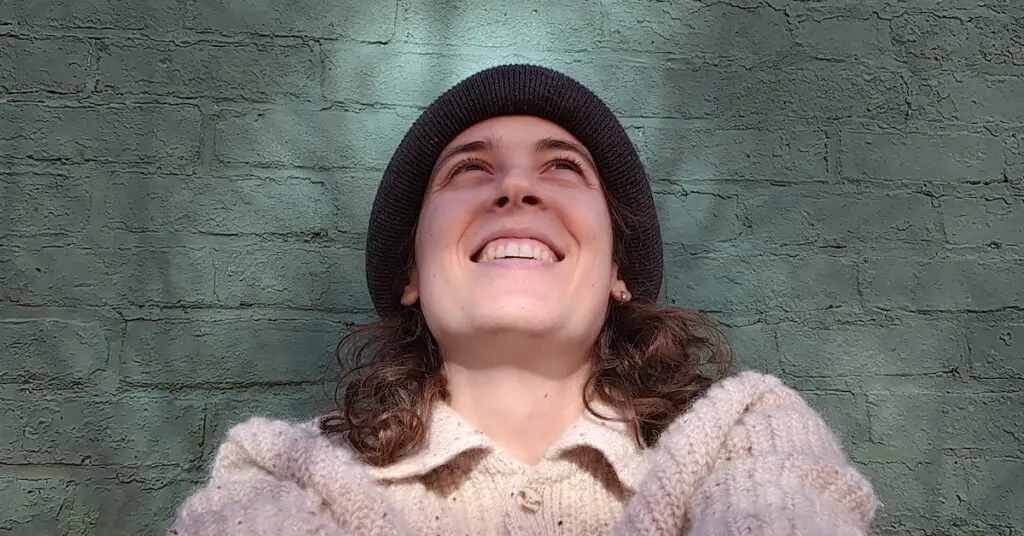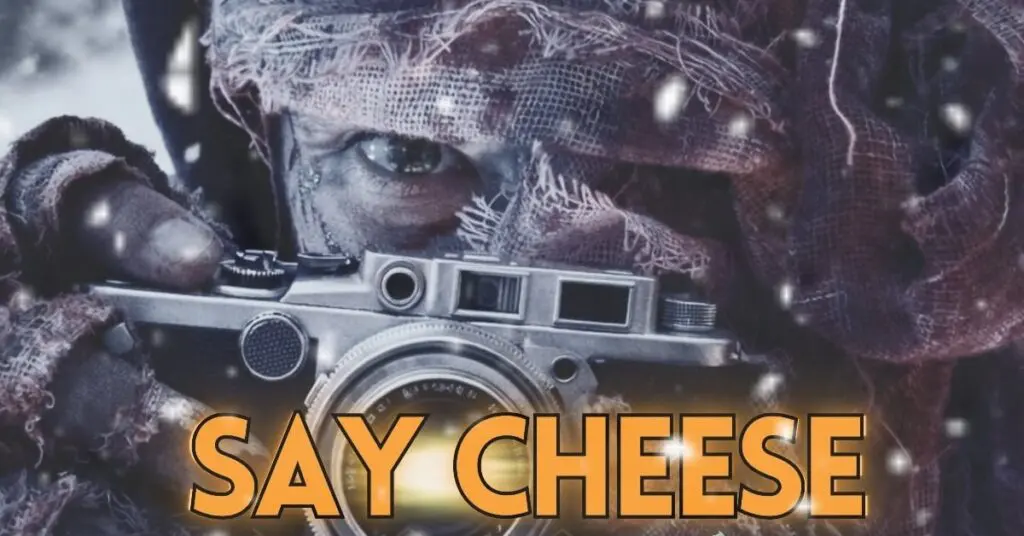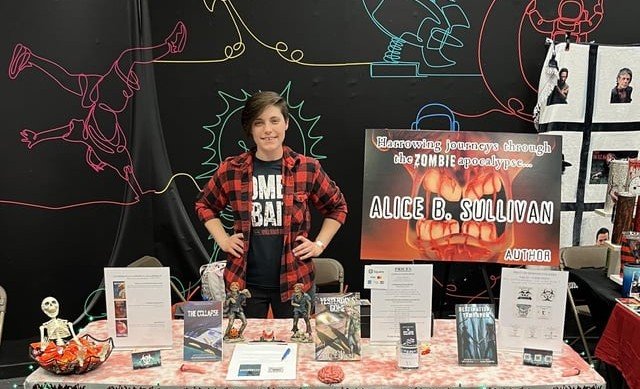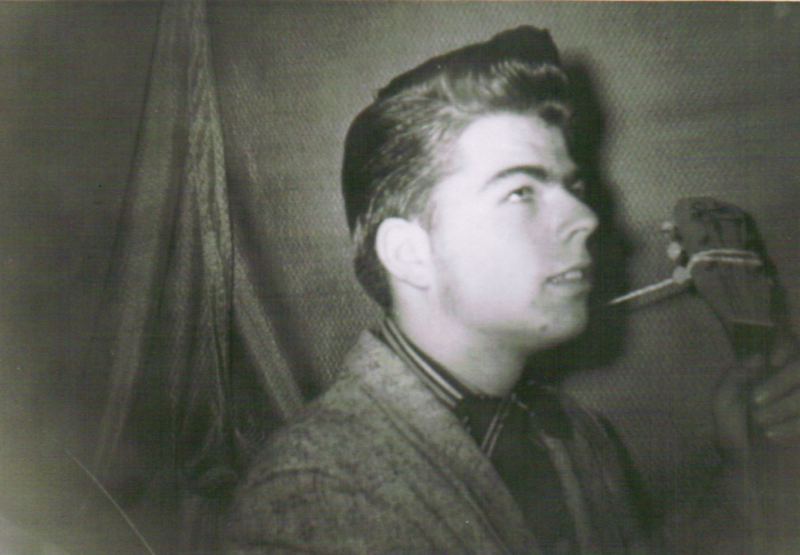Eric Delage – An Xperience Interview
By Staff on July 9, 2024
Eric Delage – An Xperience Interview – by John Sanchirico.
I first met Eric Delage, via Greg Bell at Bellstock Music Festival in July of 2022. We crossed paths around sunrise one morning, walking along a winding, bubbling creek, babbling and glistening in the early morning sunshine. I could tell that he had an overflowing appetite for not just music, but for everything life has to offer us on any given day. A kindred soul that I have had the honor of knowing and growing in the same soil along with since. I had a chance to sit down with Eric at Ophelia’s, where he is the Chief Sound Engineer, and ask him some questions about his work and a sound man’s (woman’s) role, more critical to any band’s performance than most would ever know.
RRX: First … Eric, what do you like to be called?
ED: Well, “sound engineer” makes me feel the most accomplished and professional. There’s nothing like earning the moniker “engineer” through dedication and hard work, as opposed to going to school and just getting a degree on paper. However, I’ve been called “sound god” and “sound ninja” too, and even “engineer” doesn’t really hold up to either of those, lol!
RRX:Beyond being an audio engineer, what other roles do you typically play at gigs or venues that you are working at? And, what do you do, step-by-step, from the time you arrive at work, to getting in your car at end of the night; order-of-chores described simply as possible?
ED: An audio engineer seems to be an all-encompassing term these days. Shows used to have an FOH (front-of-house) engineer and a monitor engineer, but I fill both of those roles. Depending on the venue or gig, I’m also the lighting designer and stage manager, and production manager. Once I get the information for the event, I’ll typically reach out to the band to get a stage plot/input list (if not procured by the promoter), discuss equipment needs (if any), and finalize load-in/sound check times. If I need to bring equipment, I’ll make sure it’s all organized and packed in my box truck because that part doesn’t get done after the gig, lol.
When I arrive on site, I’ll make sure the stage is clean and presentable for the band. Then, I’ll set up a few mic stands and place them off the stage with the cables and mics so they’re accessible as needed. Then I’ll lay down a couple of stage boxes (usually one by the drums, and one up front for vocals). Then it’s time to bring the PA to life. I’ll turn on the mixing console, followed by the digital stage rack, and (finally) the amps. Then I’ll program the console according to the input list, setting gains, presumptuous EQ settings, dynamics, and routing, all based on my experience with the mics, the band, and the venue (and sometimes that all goes out the window depending on the band and how they are used to doing things!).
Sound check is always a crap shoot. It depends on the band, what they expect, and what they are used to. A lot of bands I work with don’t usually get an engineer and do their own sound from the stage, so they’re not used to the process. Hell, I haven’t even got it down yet. I’ll try to do a line check while the musicians are noodling around and getting comfortable. Once I get that done, I’ll get their monitors set to make sure it sounds good on the stage and, as they play a couple of songs, I’ll make sure it also sounds good in front of the stage for the audience.
After that, it’s just a lot of waiting around for the show. Eating dinner, choosing/playing house music, setting the house lights, etc. When it’s showtime, the band and I try to coordinate an entrance. Then they play, as I scrutinize every setting of every channel on the soundboard.
After the show, I quickly unplug all of the microphones and remove them from the stage to give the musicians room to clear off. When most of their gear is cleaned up, I’ll wrap up the cables and put them away neatly. Then I shut off the amps, digital snake, and finally the soundboard. Then it gets dusted off and covered. I walk circles around the room about ten more times to make sure I’m not forgetting anything, and then I finally leave.
RRX: What is the most challenging “in show” audio calamity (if any) you have faced and how did you correct the situation?
ED: The most challenging “in show” audio calamity is always the screech of feedback. Just when you think you have everything eq’d sufficiently in soundcheck, something changes. The sound and resonance of the room is changed when it’s filled with bodies, or sometimes the performer comes out wearing a hat which could reflect frequencies from the monitor back into the microphone. When time is of the essence, I will turn down the volume in their monitors to immediately rectify the situation and try to find the offending channel and frequency inconspicuously later.
RRX: What is the most rewarding moment in memory you have associated with working as a sound engineer thus far?
ED: You never like to see a fellow sound guy struggle, but being able to step in and save a show makes you feel like a hero to all of the people there to see the show. My wife and I had driven down to NJ to see the all-female Grateful Dead cover band Brown Eyed Women. When the show started, I could see that the band was uncomfortable and not performing very well due to monitoring issues. I ran over to help the sound guy and together we were able to get the show to a place where everyone could enjoy it.
RRX: What is the most disappointing moment in memory you have associated with working as a sound engineer thus far?
ED: The most disappointing moment was when I failed to appease the artist. I can’t remember all of the details, but I was the monitor engineer and they were not happy with their mix. They talked shit about me to their bandmates after the show right on the stage as I was cleaning up. I was still a rookie and had plenty to learn back then, but the attitude of that artist taught me to never take anything personally. I always find something to learn from those situations.
RRX: Why and or how did you become an audio engineer?
ED: I remember being in school and they asked us to imagine if there was no such thing as money, what we would do with our lives. I wanted to go to concerts and smoke weed. Since I wasn’t a musician and I never idolized the musician’s life, I knew I wanted to be on the technical side of things.
I had moved away from NY in 2004, and of course later that year, radio station WDST had decided to host a jam band festival called Mountain Jam. I knew I wanted to be involved somehow when I got home. When I moved back, I interned in the promotions department of WDST. I usually drove the station van around, gave out T-shirts, and set up remote broadcasts. It was pretty cool and I had fun, but one day I got to do security at the Bearsville Theater in Woodstock. I started chatting up the quiet and unfriendly engineer at the theater, and he told me that if I wanted to learn a skill, I could intern there. That’s all it took for me. Within a short time, I was working with amazing national touring acts and hip local Woodstock bands. The house engineer was overworked, so he let the interns do all the work, which was fine for me. I got the opportunity to run soundcheck, mix the show, and run stage lights. From there, any job I wanted was within my grasp.
RRX: What, to you personally, is the underlying purpose of “live music” and your work to support and influence it, into being the best experience that it can possibly be, for both the band and the audience?
ED: Music can be anything you want it to be, and exactly what you need it to be. It can elevate, soothe, and stimulate your soul. It can be the company that you never knew you needed. It can make the best days better and the worst days tolerable. It helps both the artist and the observer heal their soul in a symbiotic dance that needs no words shared between the two, just a moment in time to share with those around you. The artist is trying to make a living sharing their voice and the audience wants to ride that emotional wave that the artist brings. I am the bridge between those two. My job is to create a realistic representation of their art in an amplified form and to help shape it into the room where it is being performed. One of my greatest satisfactions is to make the artist comfortable so they can share their art without having to worry about unnecessary details.
RRX: Do you play music yourself at all and or have any other artistic pursuits of your own?
ED: I don’t make music professionally, but I love to make rhythmic noises. I have a collection of instruments that I’ve collected from thrift shops and yard sales over the years. I even make some of my own instruments. My artistic outlet is to make things from found objects. I take a lot of walks and find some cool stuff. Eventually, I make something out of the cool stuff I find, when the inspiration strikes.
RRX: In one word, describe what music means to you?
ED: To me, music is love. The feeling it gives me when I hear it, the feeling I get when I do a good job, the people I meet. Everything about it is love.
RRX: How would you describe your “harmonizing” strategy and/or approach to dealing with “all types of personalities” in any given band on any given night you are working? Any funny stories that stick out that may have tried your patience (anonymously, of course)?
ED: Never take anything personally. You don’t know what the other person is going through and often their outburst at you is only a reflection of themselves.
This didn’t really try my patience, but I got to see the many personalities of a band unfold before my eyes. This band, who I have admired for a long time, asked me to join them for a couple of shows on the road. Vibes seemed weird the first night, and after the second night, most of us settled down to relax for the night. As the band all aired their grievances, it seemed as if this might be their last night! Just as I thought I was getting in tight with one of my favorite bands, I thought I was witnessing the end. Honestly, I couldn’t imagine living that closely with a group of people for so long and enduring so much together. The situation resolved and everything is fine now, stronger and better than ever, probably.
RRX: Where do you see or hope to see yourself within this role 5-10 years from now?
ED: I don’t really know where I’d like to see myself in the future. I’m so happy now that I wouldn’t want to be doing anything else, but I also enjoy helping the friends I’ve made by being able to offer them opportunities to share their art and music. So maybe participating in a booking aspect in some way; I’m still not sure yet.
RRX: Well, I am sure that whatever path you choose it will be from the heart, and most importantly, you will be following your bliss! Thank you so much for your time and for all you do here in the 518 music scene!





 RadioRadioX
RadioRadioX